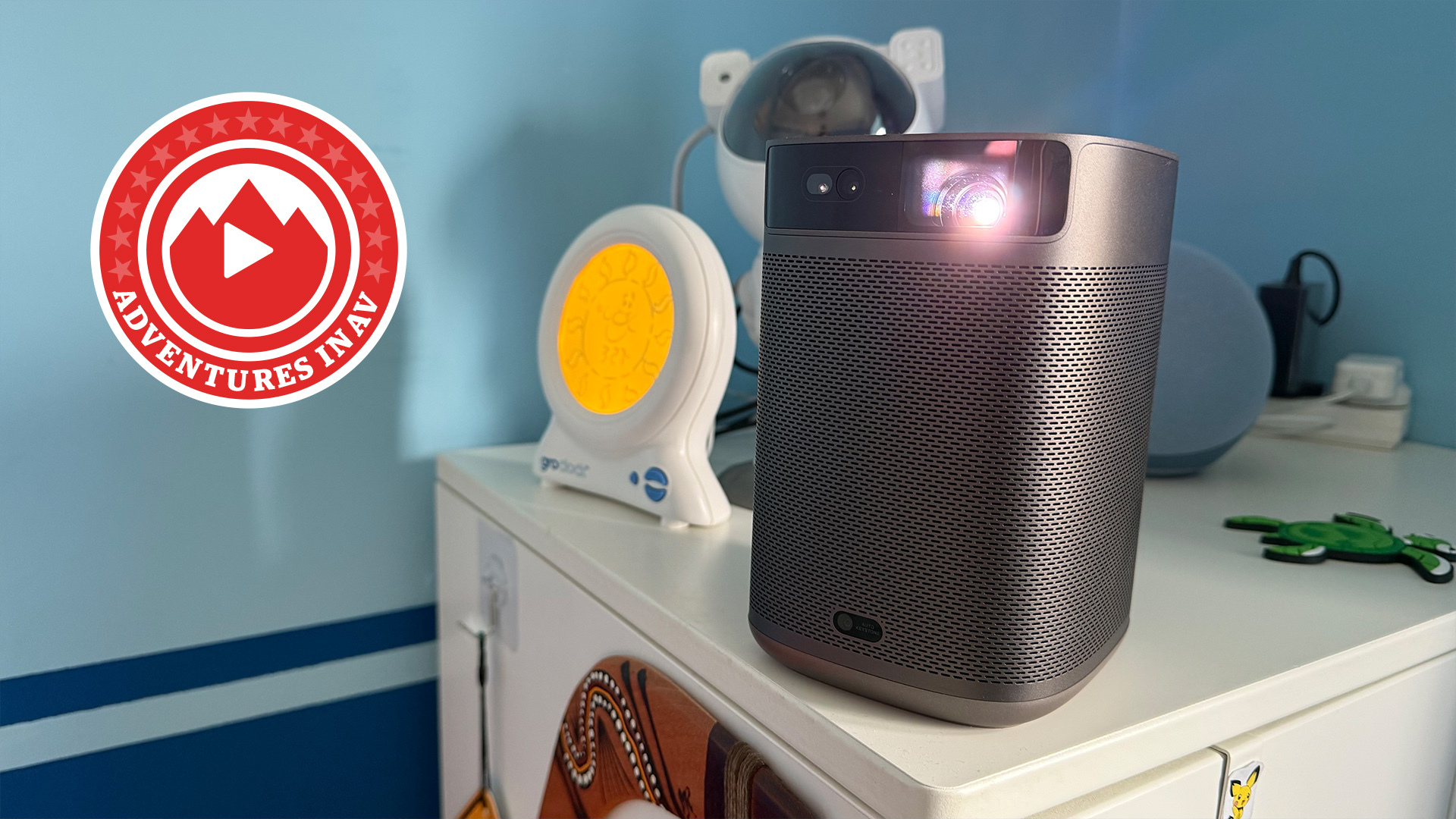Gone Girl - film review
David Fincher delivers a dark, cynical look at relationships and whether you truly know the person beside you
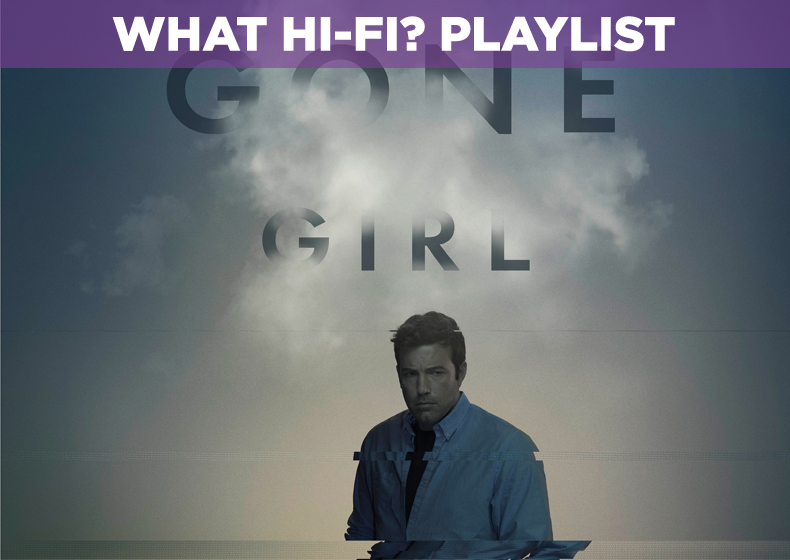
"What are you thinking?"
That's the opening line from David Fincher's latest film Gone Girl, spoken by Ben Affleck's Nick Dunne as his wife Amy (played by Rosamund Pike) gazes at the camera with a look that gives nothing away, and it strikes at the heart of Fincher's dark and enjoyably cynical film. Just who is the person next to me and what are they capable of?
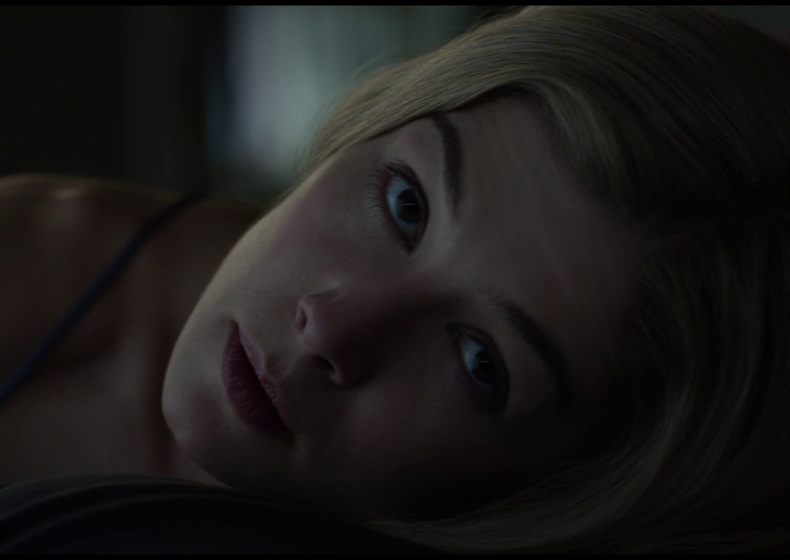
It's the opening gambit of a tussle that lasts (a surprising) 149 minutes, a film that starts off dark and by its end is pitch black. In true Fincher style the premise suggests something familiar, the execution is anything but.
If you've read Gillian Flynn's best-selling novel then you'll know the ins-and-outs of the plot. If you haven't (or need a refresher) then it can be summed up thus: Dunne (Affleck) is living an unhappy life with his wife of five years Amy (Pike) and on the morning of their fifth wedding anniversary, Amy goes missing.
When the ensuing police investigation suggests that Nick might not be as innocent as he appears, the spotlight turns on him as he tries to clear his name.
Gone Girl (the book) is a well-written, almost potboiler, attempt at a whodunnit that is always one step ahead of the reader. If you've read the book first, then the film won't have the same effect on you, as it's largely beholden to the pace of Flynn's novel (she wrote this adaptation, too).
Nonetheless, for those who haven't read the book, the film works in the same way, twisting and turning, as the details spill out and the audience is left wondering about the dynamic of the relationship.
Get the What Hi-Fi? Newsletter
The latest hi-fi, home cinema and tech news, reviews, buying advice and deals, direct to your inbox.
The story fits in well with Fincher's previous work, playing with the idea of American suburbia and suggesting a creeping sense of loneliness, detachment and outright resentment over how the world treats the people who live in it. When a character refers to relationships as torture and pain, another snaps back with the line, "that's marriage".
The flashbacks of Nick and Amy's meet-cute eventually give way to a hardening pessimism, and it wouldn't work if both Affleck and Pike were off-key. Both actors convey a spark during the courtship - a small glimpse of the people they'd like to be - before they, and the audience, realise it's a facade... and one they can't keep up.
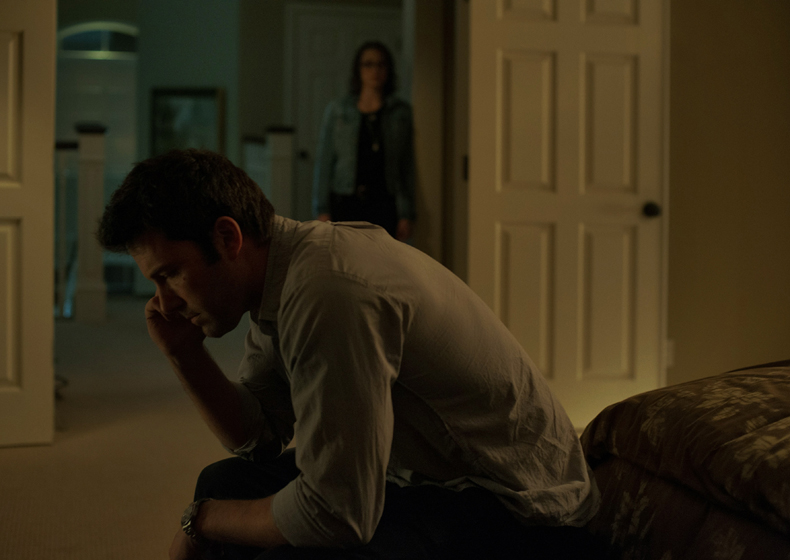
Affleck is terrific in the role, one of his best roles in a while, a man who looks world-weary from the off who disappears down a hole of his own making when his world implodes. Affleck carries off both Nick's smug demeanour and the sudden moments of anger, giving cause to think that he could be a man capable of killing his wife.
But we would have liked a bit more depth to both Nick and Amy. While the film is a lean adaptation, the bits left out give both Nick and Amy more depth and mystery than we see here and the novel is able to get into the headspace of the characters far better.
Pike, who's terrific too, is a cold, ghostly presence for the film's first half and she has the more difficult role, conveying some of the charm and warmth of Amy but beneath it all she's resentful and needy.
Amy is best described as a riddle, wrapped inside an enigma, surrounded by mystery. If you want to get under her skin, be prepared for the baggage she brings...
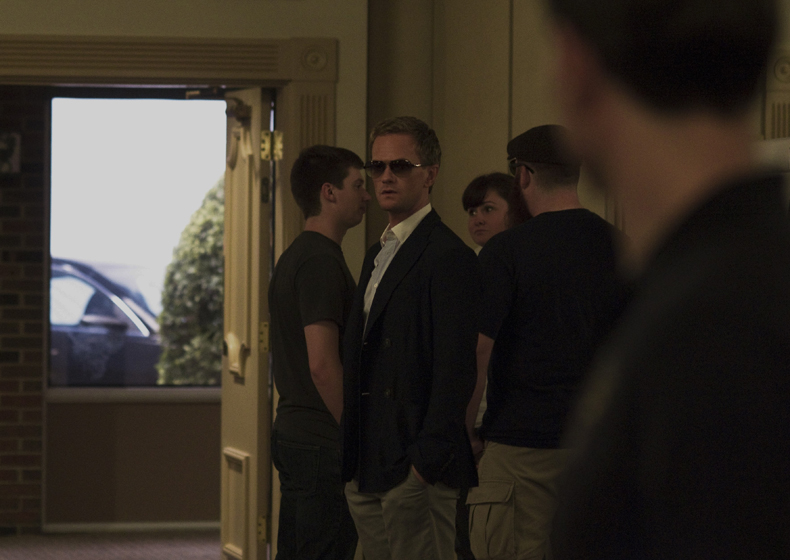
Perception is a key theme of the film, of how we're seen by others, of how we view ourselves, and Fincher wastes no time in putting forward the idea that we'll always be scrambling for control of our image.
Once all the threads come loose, Gone Girl loses a footing in reality and becomes something else entirely, even if it trades logic for its own twisted depiction of paradise lost.
For the most part, it's dark and depressing with jabs at being a dark-comedy. Tyler Perry's hot-shot lawyer Tanner Bolt enlivens proceedings, sharing the same sense of incredulity as the audience. Neil Patrick Harris is cast against type as a former love of Amy's who's an obsessive, possessive, preening fop. Carrie Coon as Nick's twin sister Margo is perhaps the film's one redeeming character, a voice of reason in the darkest depths.
Like all of Fincher's recent films, Gone Girl was shot digitally and it looks fantastic. When this arrives on Blu-ray we'll be itching to see how many TVs can take its inky blacks as cinematographer Jeff Cronenweth favours a darker, moody palette, lensing everything with an autumnal feel. Like the characters, there's a bit more darkness than light.
And be prepared for explicit violence, too. You won't expect it, but when it comes you'll be surprised by how far Fincher is willing to go with it.
Verdict

So do we love Gone Girl? No, but it's a film we definitely admire. It's a bold, daring film and at times - if you consider Gone Girl to be David Fincher's version of a rom-com - a decidedly unromantic one at that. If you haven't read the book by now, we suggest watching the film instead.
It will split opinions, but Gone Girl offers some superb filmmaking. Its cold heart, echoed by that ending will leave some adrift, unsure if what they've just seen can be taken at face value.
Certainly not a film for married couples... could be good fodder for a first date, though.
Kob began his career at What Hi-Fi?, starting in the dusty stockroom before rising up the ranks to join the editorial and production team as the Buyer’s Guide editor. Experienced in both magazine and online publishing, he now runs the TV & audio section at Trusted Reviews where he keeps a beady eye on all the latest comings and goings in the hi-fi and home cinema market.
